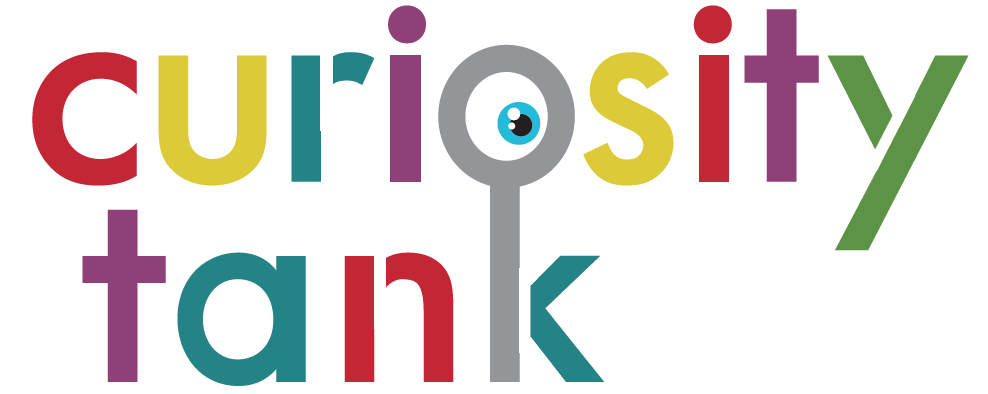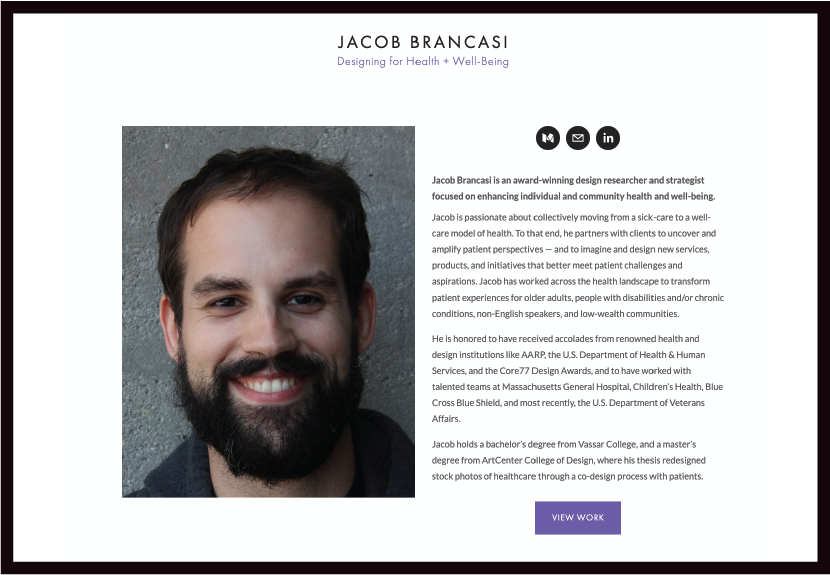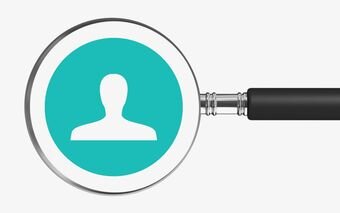IT'S FINALLY 2020! WOOT!
Career goals abound! Like you, I've been thinking about where I am, where I want to go, and why. This month I thought I'd double down on specific career question I am often asked and one I have pondered countless times myself.
Is it better to join an established UX design or research team - OR - work as the sole designer or researcher and build my own team?
SPOILER ALERT: My response directly relates to UX maturity, described below.
NOTE: This article is helpful for job seekers, entrepreneurs, AND those who hire talent. Stay with me here...
THE ESTABLISHED TEAM
First, let's get on the same page regarding an “established UX design or research team.”
“Established” is the key word here. It’s a throwaway word. What matters more is where the team/individual is in their “UX maturity”. In other words, where do they fall on the spectrum between “UX Unawareness” and actual “User Centered Design” in daily practice, culture and implementation?
“The maturity model is additive. As the organization’s grasp of UX increases, it becomes capable of making increased strategic use of UX without losing the capabilities it has already developed.” - Charles B. Kreitzberg
Here are some UX maturity considerations:
When you join an existing team you’ll usually find some processes, strategies and structures in place. The depth and success of these can vary. What exists, and how well they are working, are great indicators of maturity. The more robust the more mature. Check out these mature process indicators.
Chances are the existing team began, or already tackled, the challenge of “proving” the value of design and user research to the rest of the organization. Ascertain to what degree, and how many UX champions, are within the org. Again, the more robust the more mature. Dig deep on this topic.
Perhaps the biggest benefit of joining an established team is learning from seasoned UX professionals (plural). Ideally, the talent is also willing to share their UX knowledge, specific product/customer expertise, and tips on how to thrive within the organization's unique culture. Understand their approach to mentoring, availability to you, and gauge their “maturity” by their interpretation of key roles.
I’ve learned boatloads from working with super UX mature organizations and individuals as well as those just beginning. Gathering an accurate understanding of the specifics, and gaps, in regards to their UX maturity is critical to a successful, healthy, win-win relationship.
If you prefer predictability, can adapt to established processes and procedures, and want to focus on “doing the hands-on design or research work,” then joining a “MATURE” UX team is likely a better fit. Mature is the key word here, not established though. Here you should be able to hone your craft without the distractions of “building a practice" or “selling its benefits". If you’re new to UX, joining a mature team is almost certainly a better bet IMHO!
[!] Having said that, definitely dive deep to truly understand the maturity of the team/individual before committing. Why? Because:How “established” they are bears no relationship to their “UX maturity”Understanding UX maturity is a far better indicator of potential cultural fit and growthReplacing the word "established" with "mature" in your UX conversations can add a next level perspective
So gather the intel you need to evaluate the UX maturity for yourself! One size certainly does not fit all.
THE SOLO UXer
Building a design or research practice from scratch, or starting to consult or freelance on your own, can be thrilling. As the first (or only) UXer, you’ll likely be tasked with demonstrating the value to others while owning the process, creating and selling the services, and crafting and implementing the strategy to bring it all to life. You'll also:
Establish the UX ethos
Create the design and research protocols
Evaluate, select and set up the right tools and platforms
Hire and manage UX talent as well as internal/external clients
Design, and or conduct your own studies (while simultaneously doing all of the above)
Some of my biggest professional wins and growth spurts occurred when building new teams and businesses. The entrepreneurial freedom allowed me to really stretch myself, expand my craft, and overdeliver for my clients/employers --- in spades.
My first two (and only) participant pools were birthed while building new teams and programs. I was more comfortable tinkering with different tactics without someone looking over my shoulder. It felt safer to experiment. The freedom from the constraints that come with more “UX mature” teams also allowed me to explore a plethora of new methods, tech stacks, and other approaches.
[!] Nevertheless, growing a new program or practice can be taxing and lonely. Make sure you're in a healthy place and ready to scale your network. Trust me! You’ll need people to turn to for sanity checks and advice. NOTE: While my network grew exponentially during these builds so did my waistline!
[!] One last point... if you choose to be a “first time builder,” invest the time to find out what’s realistic. Many of us have walked this path already. Here are some “reality check” considerations.
If you know anything about me, you know I’m an open book. I’ve also built (or significantly revamped) seven teams and two small businesses. You can save a lot of time, embarrassment and frustration by learning from someone who has designed and implemented thriving teams and operations. Inexperienced but enthusiastic people say yes too quickly, only realize their error when it’s too late. #askmeanything.
Whichever path you pursue, I hope you’ll now venture into 2020 with new a perspective and approach better evaluate win-win UX situations. I’ll definitely be cheering you on from the sidelines!
PS. What's right for you right at this point may change in the future. The prompts will help you overtime. It fact it was many of these prompts that helped me review my own UX maturity (and the current marketplace). Like you, I've been thinking about where I am, where I want to go, and why...
Stay tuned for an update on my exciting next chapter, named Curiosity Tank, and the UX terms many of us defined via crowdsourcing in September.
I am committed to making it easier for "temporary, accidental and aspiring researchers" to up-skill themselves and to find efficient means for non-researchers to obtain the insights they seek.
SPEAK UP, GET INVOLVED, SHARE THE LOVE
Forward this email to someone who you think might enjoy it. Better yet, sign them up here. It's the gift that keeps on giving.
Ask me questions related to user research. Seriously, bad research keeps me up at night!
UPCOMING SAN FRANCISCO CLASSES
Intro to User Research 3-hr Workshop Jan 8 @ 6pm || Feb 6 @ 6pm
Conducting User Research Daylong Bootcamp Jan 14 @ 9am || Feb 21 @ 9am
Mixed Methods Intermediate Daylong Bootcamp Jan 31st @ 9am || Feb 8 @ 9 am
The Art of Conducting Research Interviews 3-hr Workshop Jan 21 @9 am
Stay curious my friends. I'll catch you next in February-ish...


















































